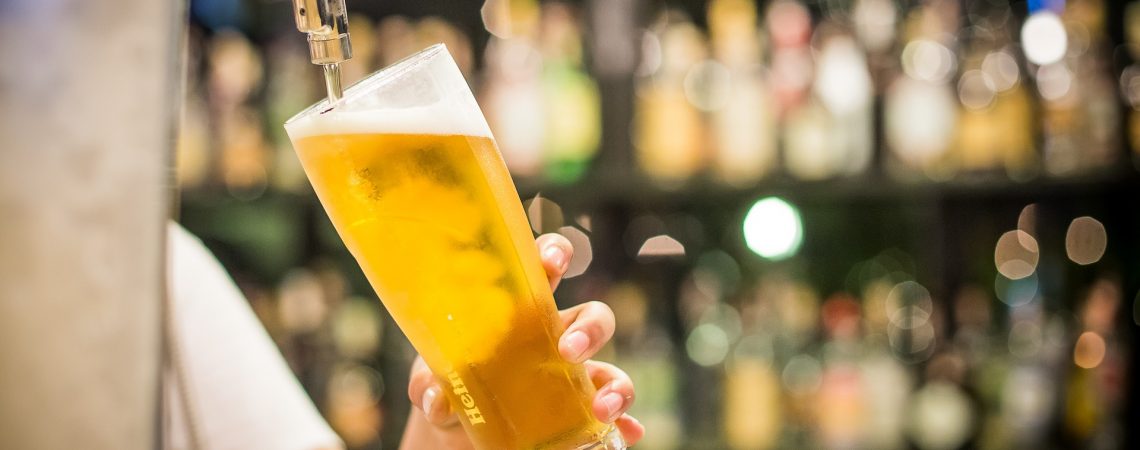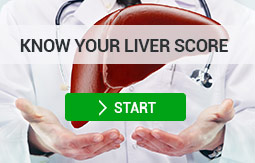Heavy alcohol abuse boosts the number of germs in the small intestine, allowing for the microbes to pass into the liver. Researchers at The University of California, San Diego School of Medicine, have found that continuous alcohol abuse causes liver damage and later may even lead to serious liver diseases such as fatty liver disease and cirrhosis.
How Alcohol Weakens Liver Function
Apart from the direct organ damage, alcohol may indirectly accelerate the disease progression, the American researchers report. The alcohol consumption weakens the germicidal activity of intestinal cells so that the bacteria from the small intestine can enter the liver.
A therapy preventing this process can be very helpful in the treatment of alcoholism, say the researchers in the scientific journal “Cell Host & Microbe”.
It was already known, that regular alcohol abuse harms the intestinal flora and promotes bacterial growth in the bowel. But now, in their experiment with mice, the researchers could show exactly how this happens.
Alcohol abuse leads to a reduction in the release of special proteins and antibiotic effects created by the intestinal cells. These so-called REG3 lectins have the function to restrict the bacterial growth in the small intestine.
In the study, the genetically altered mice showed that they are not able to generate a certain REG3 lectin anymore. As a result, after eight weeks of alcohol consumption, the liver damage was progressing much quicker than in the mice who did not consume any alcohol.
The animals´ liver and lymph nodes were infected with bacteria from the bowel. Conversely, an increased lectin production protected the mice from falling ill to fatty liver, the first stage of liver cirrhosis.
Alcohol Can Cause Inflammation
The examinations on human intestinal tissues have confirmed the results obtained in the experiments with mice: the cells in the small intestine of deceased alcoholics were producing not enough REG3 lectins and the germ counts were higher than in the tissue samples of other people.
Recent studies have shown that alcohol causes inflammatory processes in the bowel which enable bacteria to penetrate the intestinal walls. Then the microbes reach the liver through the bloodstream.
Researchers say, that taking special probiotic bacteria may help people suffering from alcoholic fatty liver disease to prevent the growth of harmful bacteria. Another option would be to restore normal generation of antimicrobial lectins through an active substance.
Find out about the nutrition bar that 98% of liver health experts would recommend!
Sources
ucsdnews.ucsd.edu
cell.com
www.amsety.com/fatty-liver-disease/

 (442) 244-5115
(442) 244-5115














